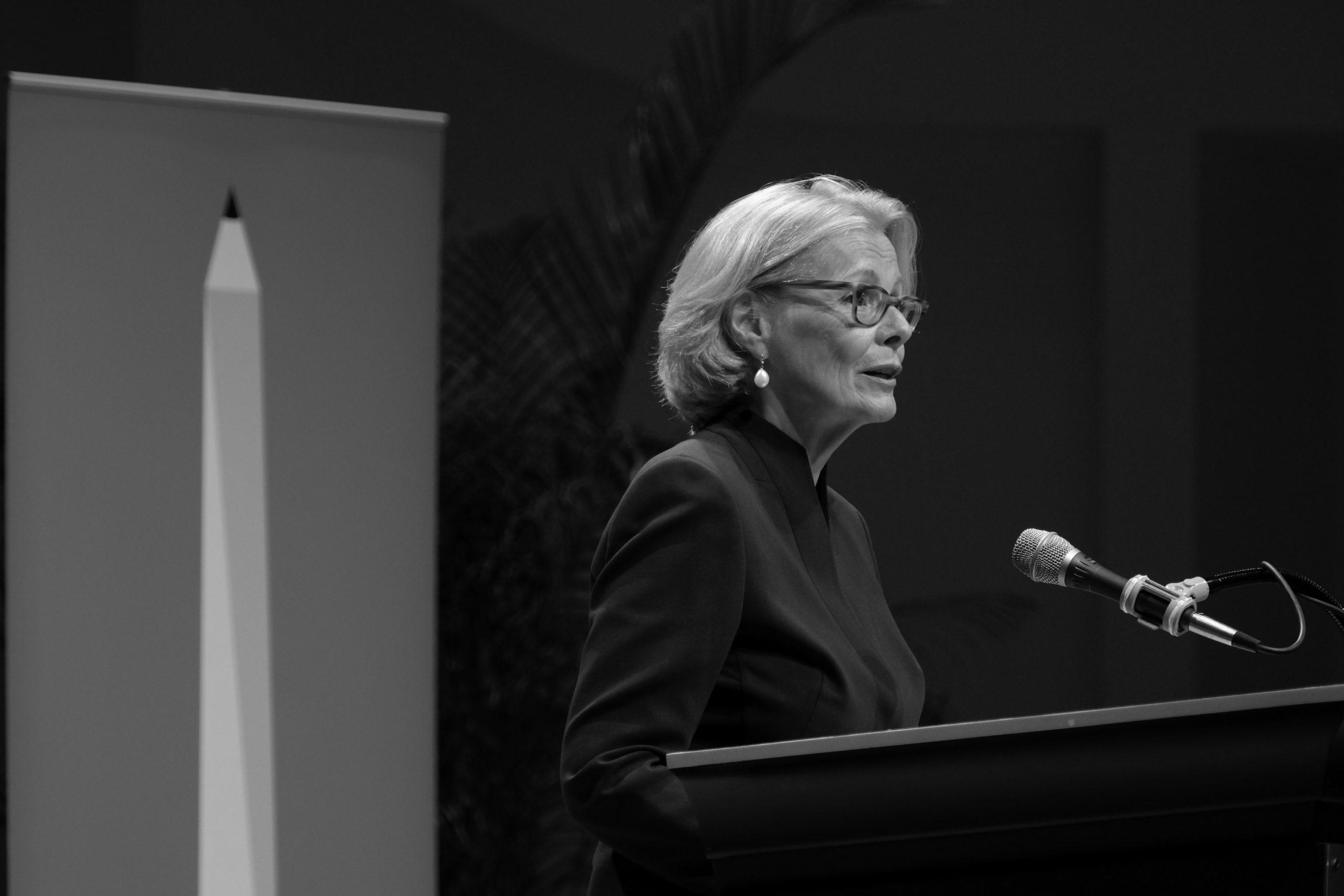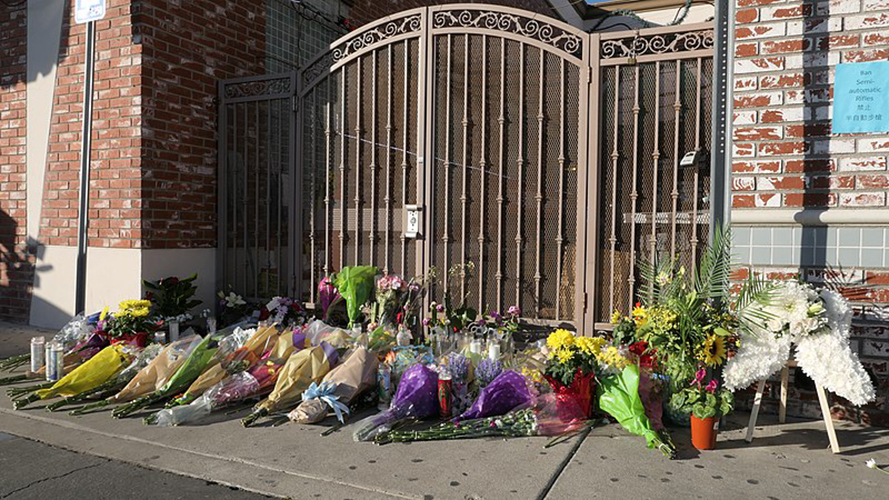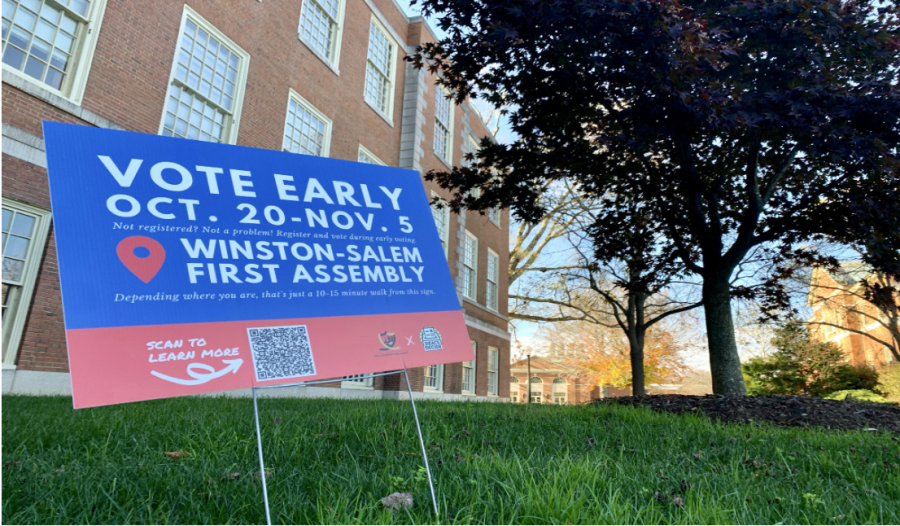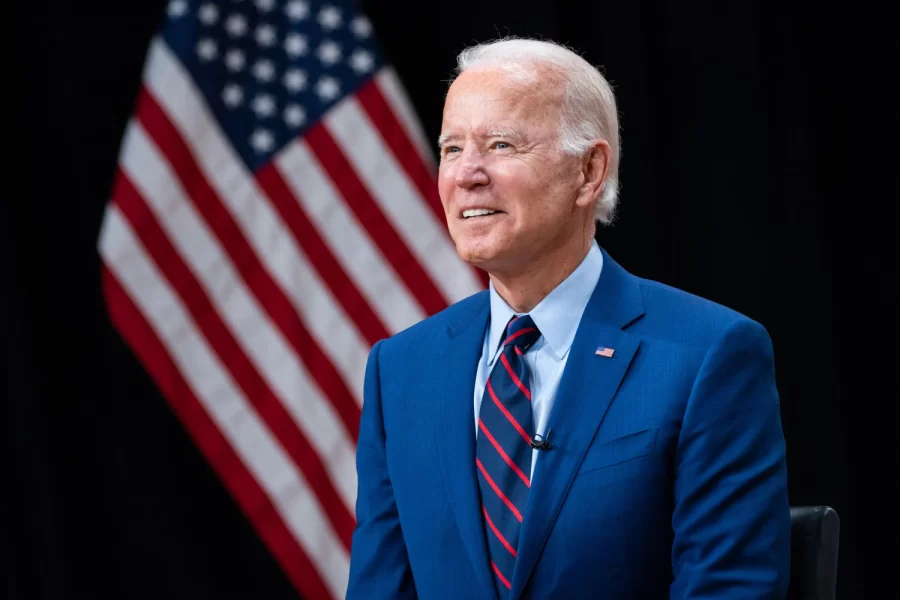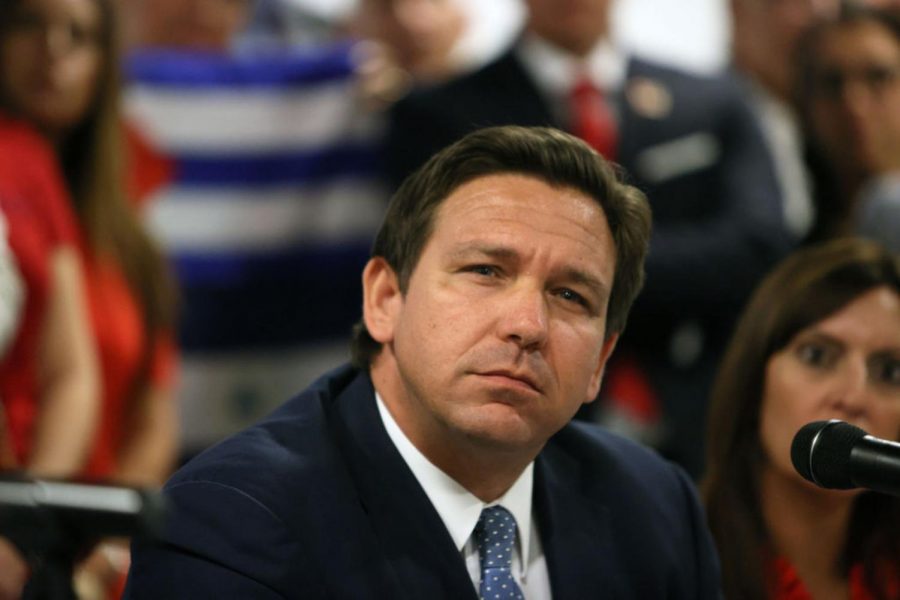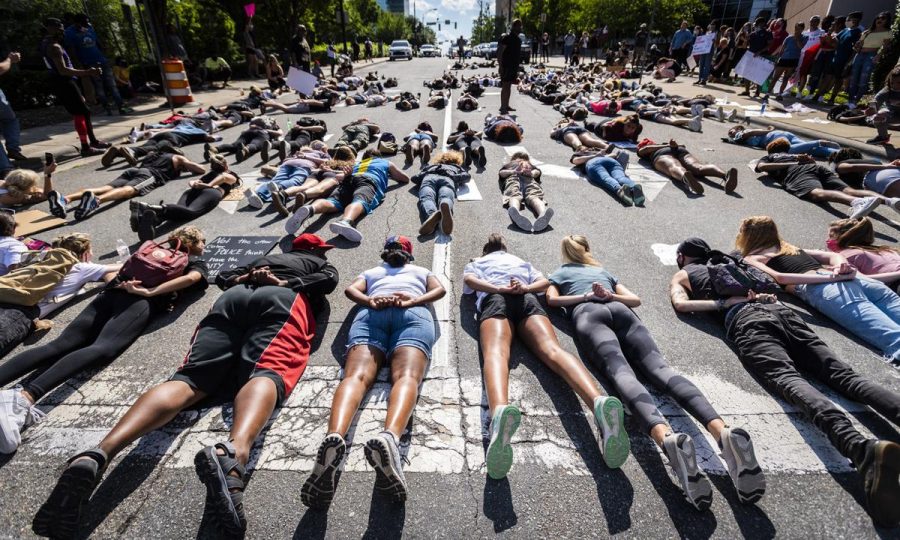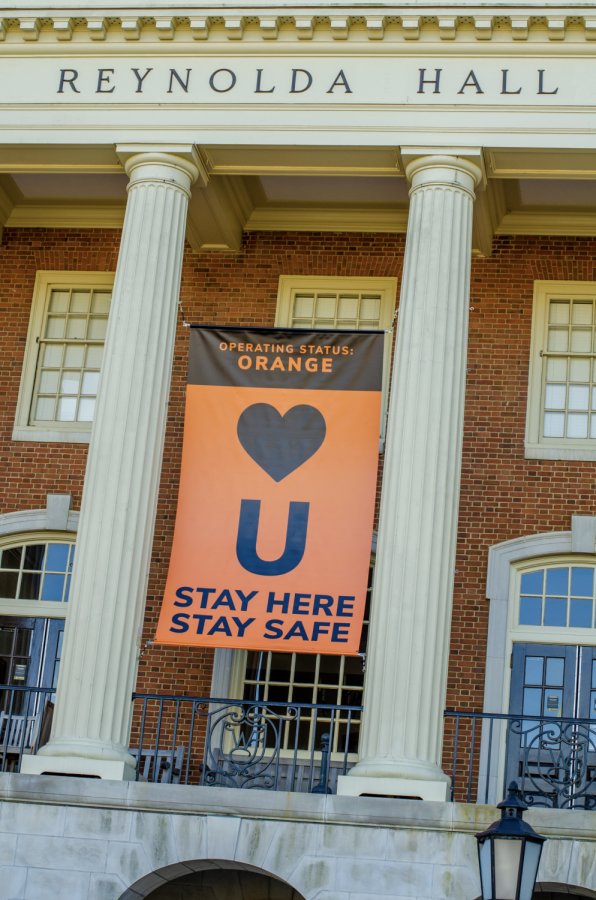Peggy Noonan has written eight books and currently works as a columnist for the Wall Street Journal. She also worked as a speech writer for President Ronald Reagan.
How did you get started with you career in journalism?
Here’s what I read about when I was in college: history, literature and politics. Sometimes I read about political history and sometimes about political literature. I actually loved to read speeches when I was young, so I simply felt drawn to the subjects. This was probably in part because I’m from a large Irish-Catholic family where everybody was kind of interested in politics and political figures like Jack Kennedy and F.D.R.
I’m from Brooklyn, New York, and among the Irish in Brooklyn in the 40s and 50s, you could see on the front window of an apartment: “N.R.A.: We do our part.” N.R.A. is the National Recovery Act from the F.D.R. Administration. These were proud democrats. There are many ways to signal your interest in politics, and that was one of theirs. I just picked up on that and had an interest in it. After high school, I worked for a few years, went to college at night and during the day, so I was in heaven just sitting around reading books.
You mentioned that you read a lot of speeches growing up, and you’ve written many, as well. What’s it like writing speeches for an influential figure like Ronald Reagan?
Ronald Reagan made it easy for his speechwriters. We knew what he thought and we knew why he thought it. He had written an autobiography, been a public figure for 30 years and shared his thoughts over and over again in his column and in his radio show.
A guy who had been a speechwriter for Jimmy Carter once said to me when I was working for President Reagan, “I’m so jealous of you.” I said, “Why?” He said, “We never knew what our guy thought. We never knew when we had to write something at the last minute where Jimmy Carter was going to come down on any issue. You guys know, don’t you?” and I said, “Yeah, we know.” Reagan had a clear philosophy, coming from a clear place.
Beyond that, I will just say that writing is writing. Writing ain’t easy. David McCullough, the great historian, once said to me the smartest thing about writing. He is a brilliant writer, researcher and truly understands the world. He said to me, “To write is to think, and to write well is to think well. End of story.” And I thought, that’s exactly what writing is. It’s not typing pretty things; it’s thinking, and as we all know, thinking ain’t easy.
Writing ain’t easy, so what goes into a key phrase in a speech?
Such as, “Ask not what your country can do for you, but what you can do for your country.” Such as, “Of the people, by the people, for the people.” Sound bites weren’t invented 20 years ago; sound bites were invented when human beings started talking. This means that when you unselfconsciously express yourself and your thought, you get straight to the point.
The great novelist Edith Wharton once said, “You can read the love letters of geniuses and the love letters of idiots, and they’re the same love letter.” I love you, I want you, I miss you, I’ll see you soon — it’s all essential, at a certain level. Human expression is essential. You should never try to write something memorable.
You should try to write clearly, forcefully and with the clear expression of someone who means what they’re saying and knows why they’re saying it. There’s nothing that goes into a memorable phrase, but there’s a great deal that goes into a deep thought.
What advice do you have for aspiring journalists?
Get the quote right. Get the fact right. Don’t say Winston-Salem is a vibrant city of 43,000 people if, in fact, it is a struggling city of 78,000 people. Get the fact right; that is the beginning of wisdom. Second, don’t try to be fancy, and don’t try to be eloquent. The facts themselves can carry you so far. Third, always try to be fair. Realize that if you’re writing about politics, there are liberals, progressives, moderates, conservatives, extreme conservatives and there are those who are a mix of all these things.
I’ll never forget being in New Hampshire during the primaries for the 2016 election. I would go to everybody’s speeches: republicans and democrats. I’d go to a Bernie Sanders rally, and I’d say, “So, you’re at a Bernie Sanders rally. May I infer from this that you are a Sanders supporter?”
People in New Hampshire are so thoughtful about politics, so they’d say, “Well, I’m considering Bernie Sanders, I do like him a lot.” And I’d say, “So who is your number two choice?”thinking they’d say Hillary Clinton, and they’d say, “No, I’m thinking about Donald Trump.” They reminded me over and over again that you don’t get your ideology in America like a badge and go stand among the orange badge people or the blue badge people. Be fair to everyone while being honest about the facts.
Fourth, I was very lucky in that when I was coming up in journalism, I joined CBS, which was like joining the New York Yankees back in the 1970’s. I thought that if I tried hard to do first-rate work and be a professional that I could have a career at CBS for the rest of my life. It was great to think that, but I know for a fact now that nobody entering journalism ever thinks they might have a career at “Huffington Post,” “Buzzfeed,” “New York Times,” or whatever the news organization is.
Nobody assumes they can have a lifelong career there anymore. You’re going to have to be flexible, know what your talents are, what your professional desires are and see where they might fit in the larger matrix of journalism.
The book I released in 2015, “The Time of Our Lives,” is very dear to my heart. It’s a collection of the things I wrote all throughout this varied career. It was very exciting for me; I had to go to a warehouse in Queens and drag out boxes of stuff from the 70s, 80s and 90s and pick out my favorite essays, columns and speeches I have given.
The message is that I have loved this vocation of being a writer, and if you can do it and want to do it, then jump in. It’s all open. The bad thing about the past is that there were only a few places to write and work. The good thing now is that you can work anywhere. If you have talent in America, you can join in, work hard, and rise, and everybody wants to rise. It is the great subtext of America.
By Shelby Devine, Online Managing Editor and Ryan Johnston, Sports Editor

